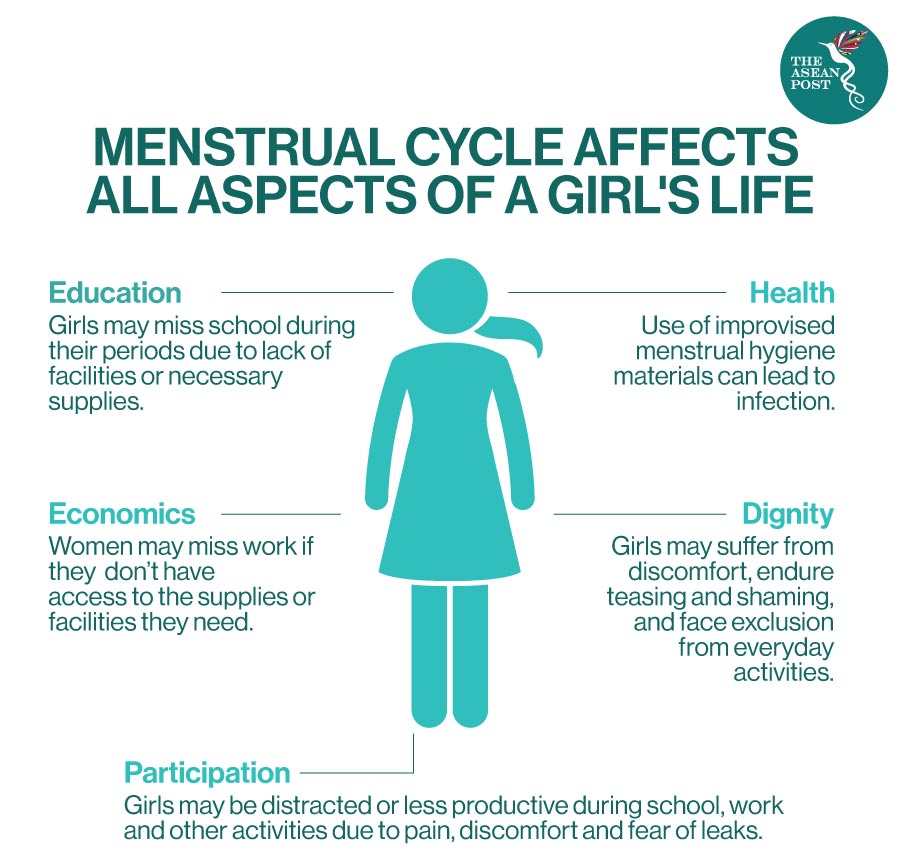
Period Poverty
Share
Menstruation – or period – is a natural and healthy process, yet millions of women and girls cannot afford menstrual products or access to safe water and sanitation to manage their menstrual health and hygiene. This interrupts their lives, rights, and freedoms.
According to United Nations Population Fund (UNFPA), period poverty describes the “struggles many low-income women and girls face when they can’t afford menstrual products”.
It also refers to the “increased economic vulnerability of these women and girls due to the financial burden posed by expensive menstrual supplies, which aren’t limited to just menstrual pads and tampons, but also to other related items such as pain relief medication and underwear”.
However, period poverty doesn’t only affect women and girls in developing countries; it also affects women in wealthy, industrialised countries.
UNFPA reveals that encountering difficulties in affording menstrual products may result in girls and women staying home and not going to school and work, with lasting consequences on their education and economic opportunities.
Period poverty can also worsen existing vulnerabilities, pushing women and girls towards risky and illegal coping mechanisms such as stealing or other crimes.
Period poverty is also perpetuated by stigma and the lack of information and education – not only do many girls and young women lack awareness and are unprepared for their periods, but policymakers and adults with decision-making power in schools and workplaces also lack comprehensive menstrual education.
There is growing consensus that managing menstruation is a health rather than a hygiene issue, and above all a human rights and gender equality issue.
Period poverty is a policy and budget issue. By making menstrual products free or affordable, ensuring wider access to safe sanitation facilities in schools and workplaces, and changing social norms to reverse stigma, we can put a stop to period poverty.
Source: UNFPA - unwomen.org
